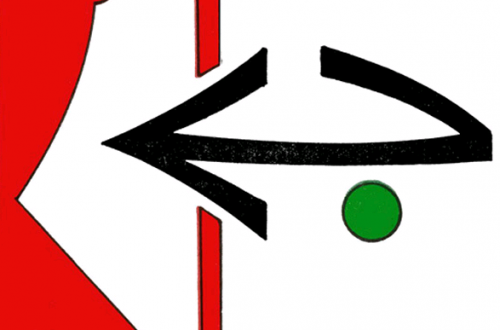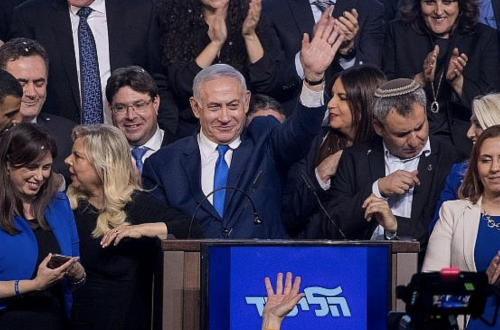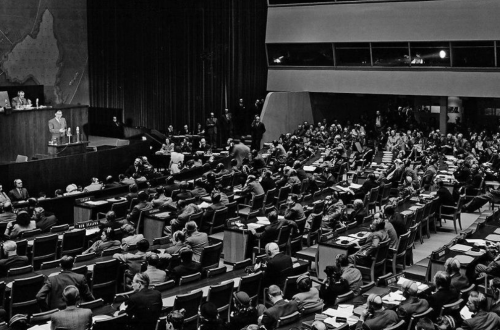Read this, by Bekah Wolf at Mondoweiss. Here’s the conclusion, but the bulk of the essay utterly exposes Greta Berlin.
Lessons Learned
Several people, particularly Palestinians in Palestine, have criticized the amount of attention Greta and her tweet have gotten. Some have criticized her for making this about her and drawing attention away from the people who are actually suffering. Others have criticized those in the movement who have tried to hold Greta accountable. What people seem to be missing, however, are two key reasons why we cannot tolerate this rhetoric in our movement.
First, as a movement based on universal principles of human rights, freedom, and dignity, we should not allow any bigotry, racism, Islamophobia or anti-Semitism in our midst. This was a point eloquently made in recent days in a statement signed by more than 100 Palestinian activists, academics and cultural workers.
Secondly, there are some utilitarian reasons why we should avoid this kind of rhetoric. Every time a Palestine solidarity activist takes on the issue of Holocaust and its connections to Zionism, every time they conflate Judaism with Zionism, they are making an inherently Zionist argument. The horrific historical reality of the Holocaust does not, and never can, trivialize or justify the dispossession and suffering of the Palestinian people. But Greta and others, by insisting on making such topics a primary concern are tacitly conceding a key Zionist claim that the legitimacy of Zionism and its past and present deeds in Palestine stems from the Holocaust.
As an anti-Zionist Jew who has been active in Palestine for 10 years, Greta Berlin’s statements and the content of “Our Land” not only offend me, but they have damaged my ability to combat Zionist rhetoric by claiming that I cannot be both religiously Jewish and anti-Zionist. Zionists routinely argue that to be Jewish is to be Zionist and the kind of rhetoric displayed on “Our Land” concedes this important point and supports this fundamental Zionist claim. In addition, this episode regarding Berlin’s tweet has damaged our movement as a whole and has shown deep short-sightedness by opening us up to attack and dismissal by Zionists who are desperately trying to paint us as a movement as anti-Semitic. Palestinians have not asked the solidarity movement to concern itself with notions of Jewish identity, authenticity, and the Holocaust, but to offer active and effective solidarity in restoring their rights in their country.
I am hopeful, however, because of the principled stances prominent members of our movement took against this offensive and misguided rhetoric. In my experience, a majority of Palestine solidarity activists are genuinely anti-Zionist and desire to combat a modern-day political movement, not an ancient religion or group of people. To paraphrase what a fantastic Palestinian activist once said, there were Jews in Palestine long before Zionism, and there will be Jews there long after Zionism as well.
This movement is presently splitting: into the antisemites and those who oppose these specific instances of antisemitism. There’s also a large middle ground and hinterland. But the split itself is instructive. And they haven’t even begun to think about the incongruity of supporting, often overtly, the genocidal Hamas movement.
For more on Bekah Wolf, read here


